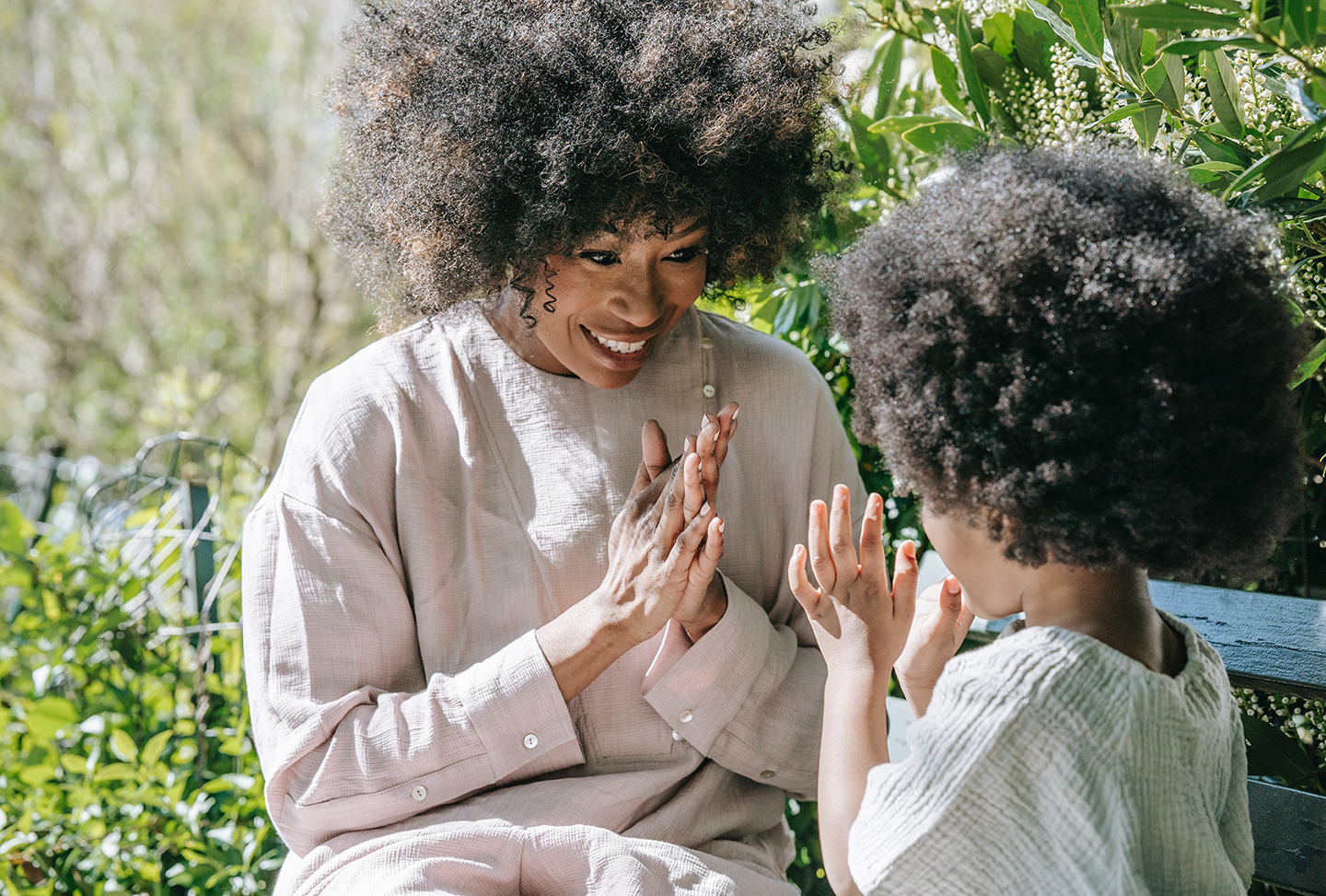Limitless possibilities in spectacular destinations, Balance Holidays' exceptionally curated wellbeing travel experiences bring individuals on multi-sensory journeys that enrich and awaken the heart, body and mind..


Should we be teaching mindfulness to children? We live in an age where social pressures are heightened by social media influence, and climate change and political unrest dominate the news. As such, there are several compelling arguments to suggest that children, as well as adults, may benefit from the practice. In this article, we look to explore some of the research further, and look to professionals for advice on practising mindfulness and meditation with children.

Studies in recent years have highlighted that children are susceptible to mental health disorders such as anxiety and depression. In particular, charity Mentalhealth.org states that one in ten children and young people are affected by mental health disorders. Furthermore, some 70% of these children do not receive the appropriate intervention at an early age. Among many other health and wellbeing institutions, the NHS supports the link between practising mindfulness and improvement for mental wellbeing in adults. It reports it can help to raise awareness of early signs of stress and anxiety and help certain individuals to deal with these emotions more effectively. It is therefore theorised that the same practice may have a similar effect on children and young people.
Evidence to support this comes from a new initiative started by the Mindfulness in Schools Project, which aims to bring mindfulness and meditation into the classroom.
Based on research conducted by Katherine Weare, Emeritus Professor at the Universities of Exeter and Southampton, the project states some of the observed benefits, including:
· Improved wellbeing and mental health which can help them to recognise worry to help cope with exams and to appreciate a broader view of life.
· Better concentration and cognition with the possibility of helping children to concentrate and be less distracted.
· Social and emotional learning, developing a greater awareness of self-esteem and an enhanced understanding of relationships and how to manage them.
· Behaviour by helping them to self-regulate and manage impulsive behaviour and actions.

It is vital to bear in mind that the functionality of young brains is different from that of adults, so the educational path to mindfulness may differ. It is for this reason that guided meditation is often considered a great way to introduce children to the practice. There are lots of guided meditations available on the internet that are specifically designed for children. Headspace, which is a leading digital platform for guided mindfulness and meditation, offers a programme dedicated to young people. It features engaging, relevant activities covering several themes including calm, kindness and sleep.
Parents can also encourage their children by understanding the core concepts of mindfulness, and practising it themselves. Books, apps and classes can all help to equip you with the tools to begin the journey. You can learn about the basics in our article on the basics of mindfulness and meditation.
The research surrounding the long-term benefits is limited. However, a paper published by MiSP summarises that young adults who are more mindful reported experiencing greater wellbeing, more positive emotions, less anxiety and negative feelings. The paper, which was researched in association with Exeter University, goes on to say that the positive impact of mindfulness in schools can be observed quickly.
In ways that can relate to young people, the paper also reports on research that saw the constructive impact of mindfulness on adults. The study found that the participants were better able to make meaningful relationships, feel in control, manage complicated feelings and be calm, compassionate, resilient and empathetic.
It is important to remember that mental wellbeing in children should be encouraged with a combination of psychological and physical care. Mentalhealth.org provides a list of key components to help to care for the wellbeing of children, including exercise, a balanced diet and a stable home.
As the providers of luxury yoga meditation retreats in elite locations around Europe and Morocco, Balance Holidays holds a passion for physical and mental wellbeing. Our bespoke retreat programmes aim to equip our guests with the mindfulness, meditation and self-care tools to continue and thrive on their journey after the retreat has come to a close. Please visit our website for further information.
Sign up to our newsletter for exclusive retreat launches, priority access to events and curated wellbeing content